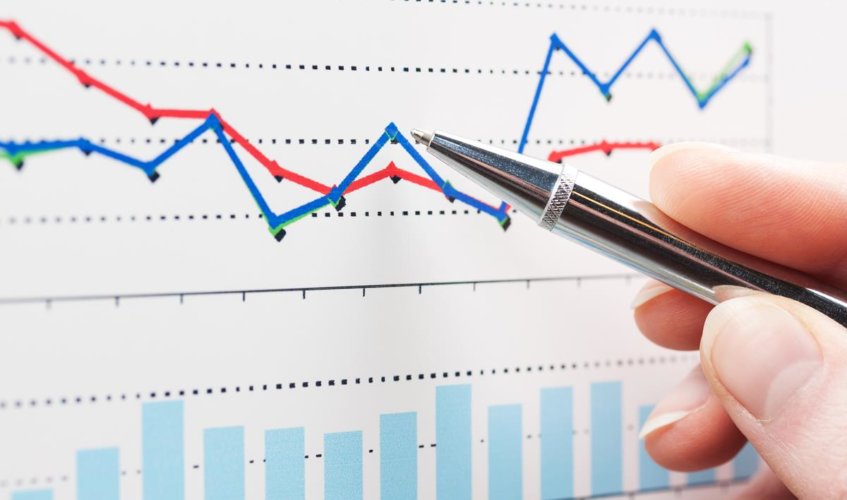Accountancy Resources

Many industries have different ‘value-triggers’ that industry-specific investors look for. Outside of industries like resources or certain technologies, there are some common aspects that traditional investors seek when deciding what a company is worth.
The major financial measures of success to investors looking for a more secure investment opportunity, irrespective of industry, are Free Cash Flow and EBITDA. These are important measures because they consider how well a company performs on a cash basis.
At the most basic level, a company’s value is really defined by the present value of its future cash flows. Thus, if your company is in a position where it has considerable free cash flows in relation to its size then it is a good indication that the company is making ‘real’ money. After all, cash is the only thing you can really take to the bank when it comes to realising the value of an investment.
Another important measure is EBITDA, which stands for Earnings Before Interest, Taxes, Depreciation and Amortization. This measure is a reflection of the company’s operating profit before non-cash aspects like amortization and depreciation are considered along with items that depend on rates not related to the performance of the business, like the cost of capital (i.e. Interest) and any taxes that the company has to pay.
Of key importance to a potential investor is the ‘Interest’ aspect. For example, if your company has been paying 15% on your $2,000,000 operating line and they are proposing to reduce it to 5%, that equates to $200,000 in cost of capital savings annually. They may also want to look closely at how quickly you are writing off the value of your assets. Often, accountants will insist on following the GAAP or IFRS guidelines when it comes to defining the amortization or depreciation of certain assets. While an aggressive depreciation or amortization schedule can help to reduce taxable income for a given year, it may not ultimately serve to reflect the useful life of the assets your company is using to make money.
When your company is young, the last thing most owners want to do is pay unnecessary taxes on their earnings. The end result is often that an asset is reduced down to zero book value even though it is still a productive asset in the operations of the business. Plus, it is not a cash cost to the company, which is why investors will often want to strip that aspect out when assessing the profitability of a company’s operations. The final element that is affected by your Interest, Amortization and Depreciation expenses is Taxes, which are a result of Earnings after those elements are expensed. Thus, they do not want to factor in a potentially inaccurate measure of tax expenses which has been derived as a result of Interest, Amortization and Depreciation if the fundamental assumptions of their impact going forward are not necessarily realistic.
In short, strong free cash flows and a high EBITDA as a percentage of sales, in conjunction with meeting certain critical sales volume measures based on your industry, will often result in a more favourable valuation for your business.
Name
Website
Message